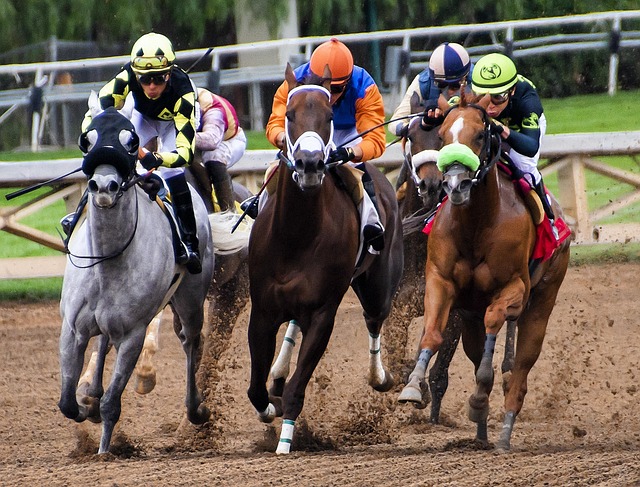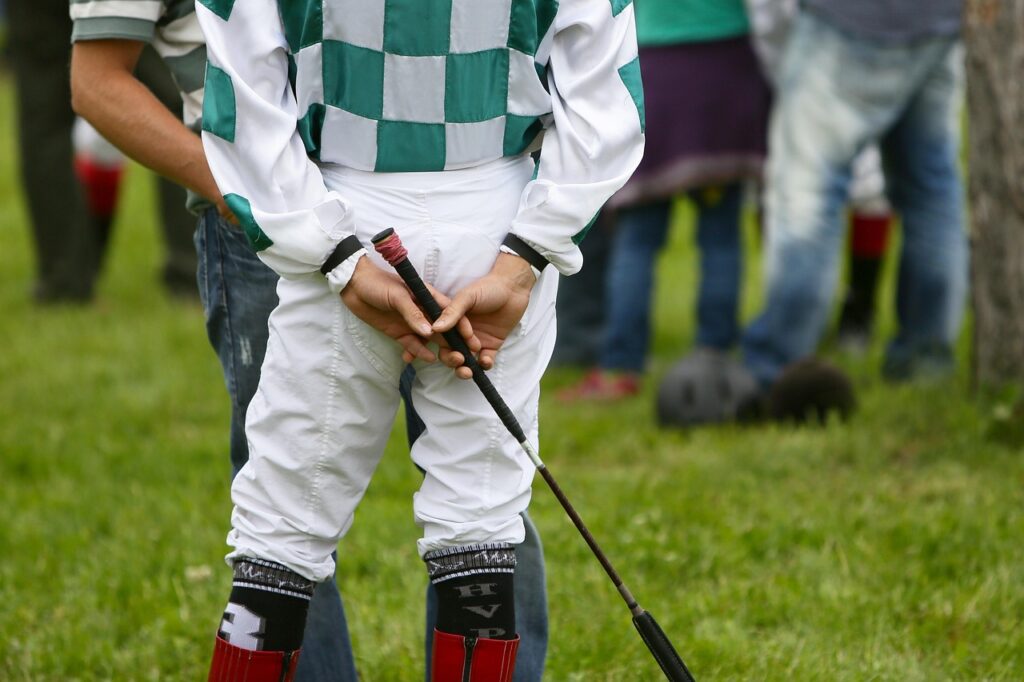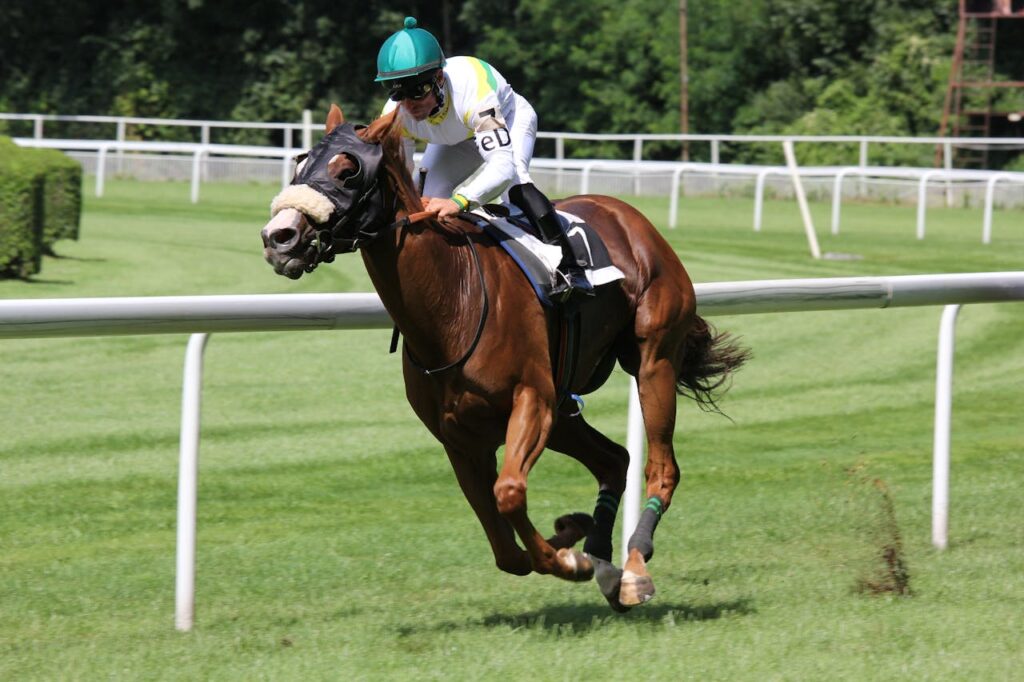The development of mobile technology and online casinos
Mobile devices have radically changed the UK gaming industry. Smartphone users now have the opportunity to enjoy gambling anywhere and anytime. Thanks to modern technology, online casinos have adapted their interfaces to small screens, providing convenient access to slots and table games. This transformation has made the process as flexible and convenient as possible. Today, mobile platforms are on par with classic computer versions in terms of functionality. Moreover, many operators are introducing exclusive bonuses that are only available to smartphone owners. Offers such as free spins no deposit no id verification uk are particularly popular, as they allow players to try their luck immediately without making a deposit or undergoing unnecessary checks. This approach allows operators to expand their audience and retain the attention of regular customers. For British players, mobile solutions have become an important factor when choosing a platform.
Why mobile casinos are becoming the number one choice
The main advantage of mobile casinos is convenience. Players can top up their accounts, withdraw funds and activate bonuses in just a few clicks. In addition, modern sites guarantee a high level of security using data encryption and multi-level authentication.
Smartphone users also appreciate access to a huge selection of games. Providers release slots with adaptive graphics and simplified controls, which makes the process comfortable. Many British sites, including SharpGambler, offer extensive catalogues featuring slots with high RTP and a variety of themes.
Thanks to mobile technology, gambling is becoming part of everyday life, and ease of access makes it particularly attractive.
The best offers for smartphone users
Players are increasingly looking for sites that offer unique promotions for mobile device owners. Special offers make using a smartphone profitable and convenient.
Examples of popular promotions:
-
bonuses for installing the mobile app;
-
additional free spins when replenishing your account via your phone;
-
exclusive tournaments for mobile users;
-
cashback for activity in the app.
SharpGambler actively implements such offers, focusing on player comfort. Thanks to a well-thought-out system of promotions, smartphone users get more opportunities for entertainment and winnings. This allows the site to stand out from its competitors and build a positive image.
Range of games in mobile casinos
The choice of games is a key factor when choosing a site. British users value variety and the opportunity to play proven slot machines. Mobile casinos offer a wide catalogue that includes both classic slots and modern products with innovative features.
On SharpGambler, smartphone users can find slot machines with progressive jackpots, table games and live games with real dealers. All projects are optimised for mobile devices, which guarantees a smooth process and high-quality graphics. This variety makes the gaming process dynamic and exciting.
The impact of mobile technology on the player experience
Mobile casinos have changed the perception of gambling. Now users can combine entertainment with their daily activities without being tied to a computer. The convenience and speed of operations increase satisfaction and make platforms more attractive.
SharpGambler demonstrates how the integration of mobile solutions improves the level of service. The platform offers fast deposits, instant withdrawals and support for popular payment services for smartphones. This creates a feeling of freedom and allows you to focus exclusively on the game.
Tips for choosing a mobile casino
To find a suitable platform, users should consider several factors:
-
licence availability;
-
transparent bonus terms and conditions;
-
a range of optimised games;
-
positive reviews from British users;
-
availability of mobile promotions and offers.
SharpGambler meets these criteria, making it a profitable choice for players who value mobility and honesty.
Conclusion: mobile casinos as the future of the industry
Mobile casinos have become an essential part of the UK gambling market. They provide convenience, speed and access to a wide range of entertainment. Smartphone users receive unique bonuses and a comfortable interface, making the process as enjoyable as possible.
The industry continues to evolve, and mobile solutions are shaping its future. For players, this means even more convenience, innovation and opportunities to win, wherever they are.

 Jockey strategy and online casino betting tend to feel like two halves of the same puzzle in modern racing. In practice, most folks blend a sharp read of the rider with a staking plan that actually fits the tools on their phones. TipMeerkat suggests that experienced bettors look at a jockey’s recent win rate, how they click with a specific horse, and what happened last time in a similar setup.
Jockey strategy and online casino betting tend to feel like two halves of the same puzzle in modern racing. In practice, most folks blend a sharp read of the rider with a staking plan that actually fits the tools on their phones. TipMeerkat suggests that experienced bettors look at a jockey’s recent win rate, how they click with a specific horse, and what happened last time in a similar setup. Here at the Jockeys website, we pride ourselves in detailing both household names of the racing world, as well as up and coming jockeys making a name for themselves in the moment. Of course if we take a snapshot of ‘now’, the blend is often a combination of the two, with both experience and a hunger to succeed forming part of that mix. Let’s take a look at 2025 over both the flat and jumps to demonstrate that.
Here at the Jockeys website, we pride ourselves in detailing both household names of the racing world, as well as up and coming jockeys making a name for themselves in the moment. Of course if we take a snapshot of ‘now’, the blend is often a combination of the two, with both experience and a hunger to succeed forming part of that mix. Let’s take a look at 2025 over both the flat and jumps to demonstrate that.